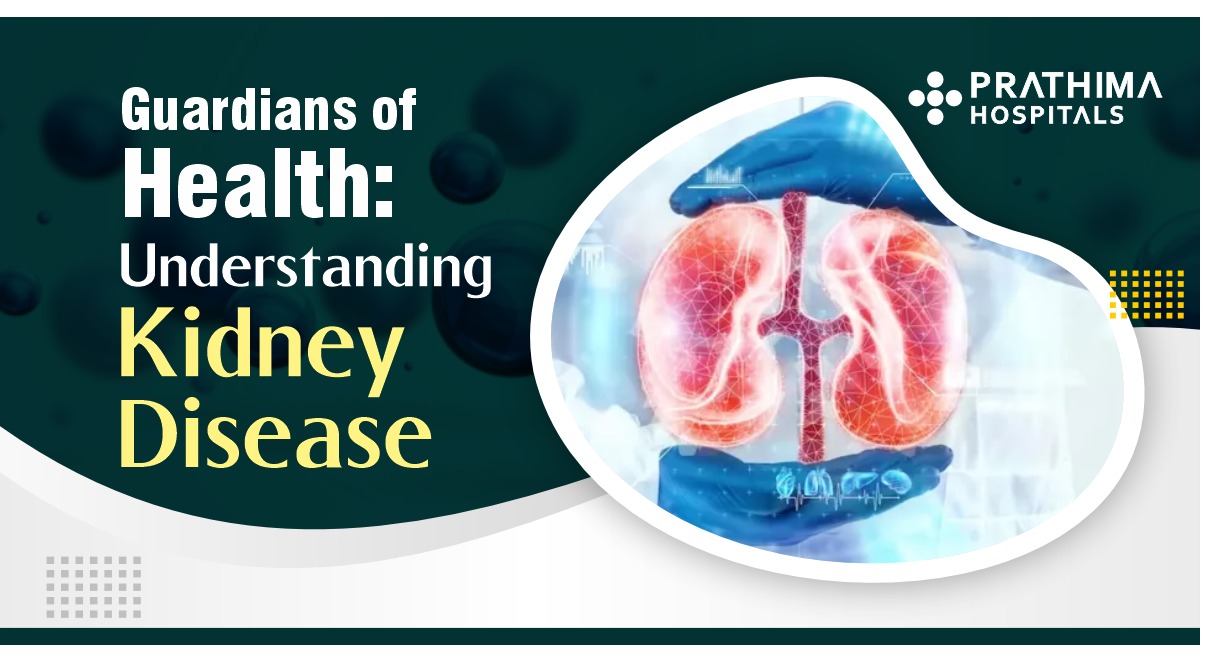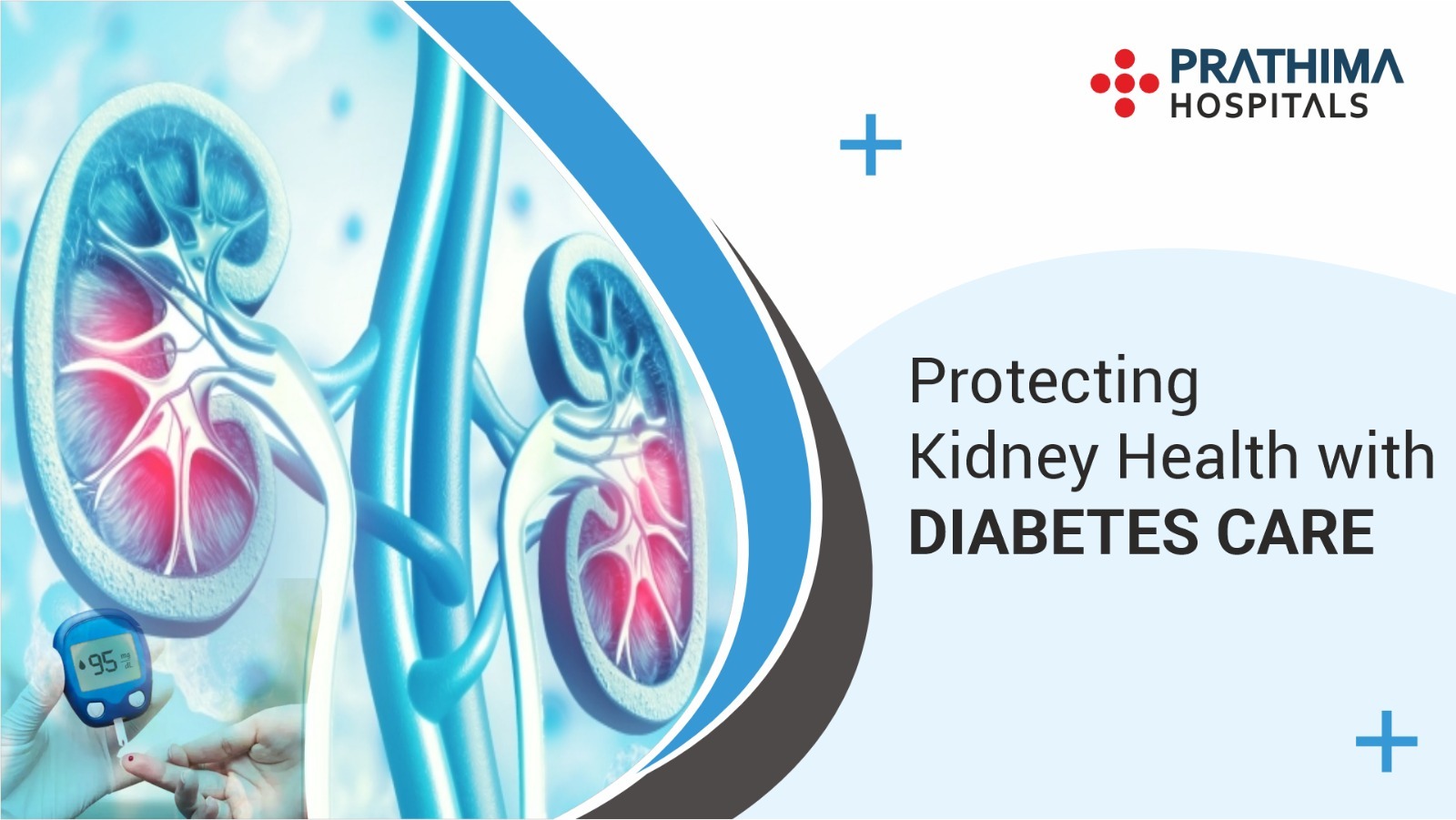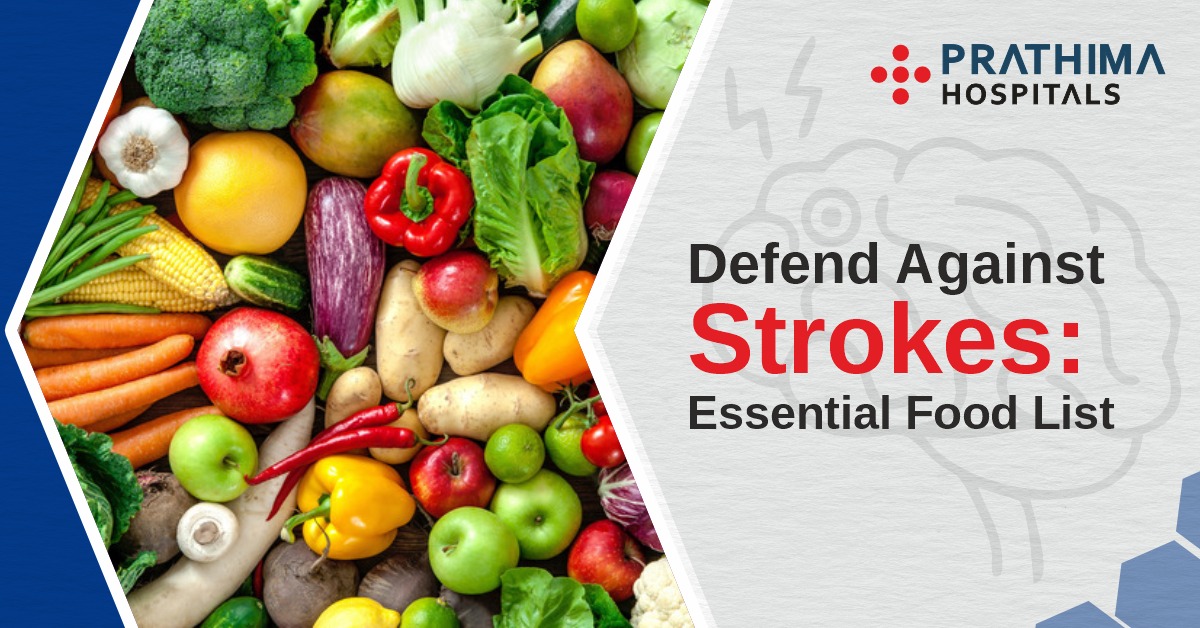Phlegm / Sputum Determines your Health Condition!!

Causes of Phlegm
Phlegm, also known as sputum, is a thick, sticky substance that is produced by the mucous membranes of the respiratory tract. It can be expelled through coughing. The color and consistency of phlegm can provide information about the underlying health condition. Here are some common types of phlegm and potential reasons for their presence:
- Clear or White Phlegm:
- Normal Mucus: Clear or white mucus is often normal and is produced by the respiratory system to trap and eliminate particles, irritants, and microbes.
- Yellow or Green Phlegm:
- Infection: An increased presence of white blood cells in the mucus can cause it to appear yellow or green. This can be a sign of a bacterial infection, such as bronchitis or pneumonia.
- Black or Brown-Colored Phlegm:
- Smoking: Smoking can lead to the production of brown or rust-colored phlegm due to the accumulation of tar and other substances in the lungs.
- Environmental Exposures: Exposure to polluted air or certain occupational hazards can also contribute to discoloration.
- Red Phlegm:
- Blood: Coughing up red-tinged phlegm may indicate the presence of blood. Causes can range from minor irritation to more serious conditions like Tuberculosis, Bronthiolitis or lung cancer.
- Excessive Phlegm Production:
- Allergies: Allergic reactions can lead to an increase in mucus production.
- Asthma: People with asthma may experience excess mucus production and difficulty clearing it from the airways.
- Thick and Sticky Phlegm:
- Dehydration: Inadequate hydration can lead to thicker and stickier mucus.
- Certain Medications: Some medications may contribute to changes in mucus consistency.
Phlegm itself is a natural and necessary component of the respiratory system as per Best Pulmonologist in Hyderabad. It helps trap and eliminate foreign particles, irritants, and microbes. In many cases, the presence of phlegm is a normal response to respiratory infections, allergies, or environmental factors. However, persistent or excessive phlegm production can be a symptom of an underlying health issue, and certain conditions associated with phlegm may lead to complications. Here are some scenarios where phlegm may contribute to health complications:
- Respiratory Infections: Conditions such as bronchitis or pneumonia can cause an increased production of phlegm. If left untreated, these infections can lead to complications such as respiratory failure or the spread of infection to other parts of the body.
- Chronic Obstructive Pulmonary Disease (COPD): COPD, which includes conditions like chronic bronchitis and emphysema, can result in chronic inflammation and mucus production. Over time, this can lead to difficulty breathing and reduced lung function.
- Asthma: Excessive mucus production in asthma can contribute to airway obstruction, leading to asthma attacks. Poorly controlled asthma may result in respiratory distress and decreased quality of life.
- Chronic Sinusitis: Phlegm may also be associated with chronic sinusitis, and persistent drainage of mucus down the back of the throat (postnasal drip) can lead to throat irritation and coughing.
- Inhalation of Foreign Substances: Inhaling certain substances or irritants over a prolonged period can lead to chronic respiratory issues and persistent phlegm production.
- Aspiration Pneumonia: In some cases, if phlegm is not effectively cleared from the airways, it may contribute to the risk of aspiration pneumonia, where foreign material is accidentally breathed into the lungs.
It’s important to note that phlegm itself is not a disease but rather a symptom of an underlying issue. If you experience persistent or concerning symptoms related to phlegm, such as changes in color, difficulty breathing, chest pain, or persistent coughing, it’s crucial to seek medical attention as per Best Pulmonologist in Kukatpally. A healthcare professional can evaluate your symptoms, determine the underlying cause, and recommend appropriate treatment to prevent or address any potential complications.
It’s important to note that the presence of phlegm alone doesn’t always indicate a serious problem. However, if you experience persistent or concerning symptoms, such as changes in phlegm color, difficulty breathing, chest pain, or persistent coughing, it’s essential to consult a healthcare professional for a thorough evaluation and appropriate diagnosis. For Best Pulmonologist in Kachiguda visit Prathima Hospitals.
For more detailed information:
Click the link to watch the video: https://youtu.be/tJVlbFYeSGA





